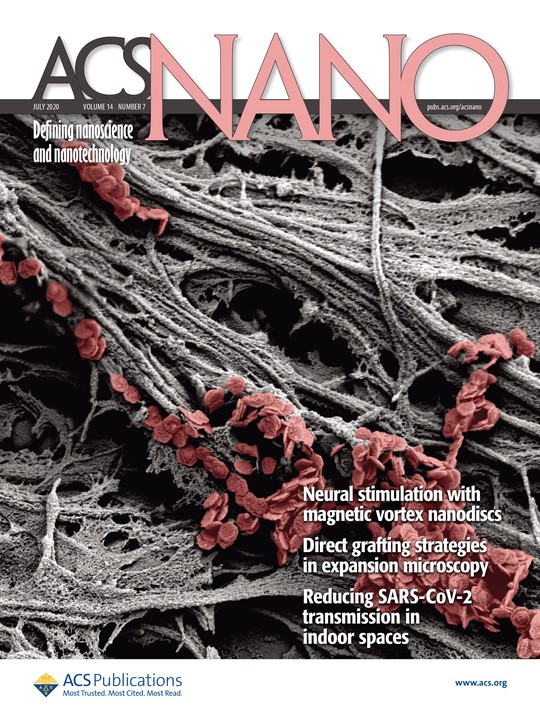Welcome to the Bioelectronics Group at MIT.
Our lab works at the interface of materials science, electronics, and neurobiology with the goal of advancing the understanding and treatment of disorders of the nervous system. We design, synthesize, and fabricate optoelectronic and magnetic devices that manipulate and record neuronal activity and development.
